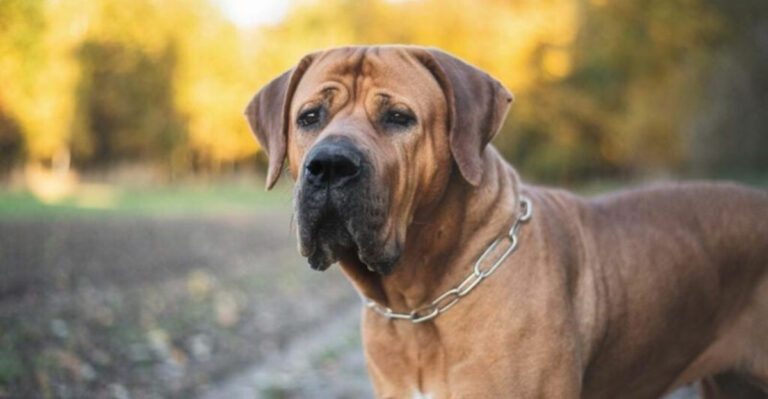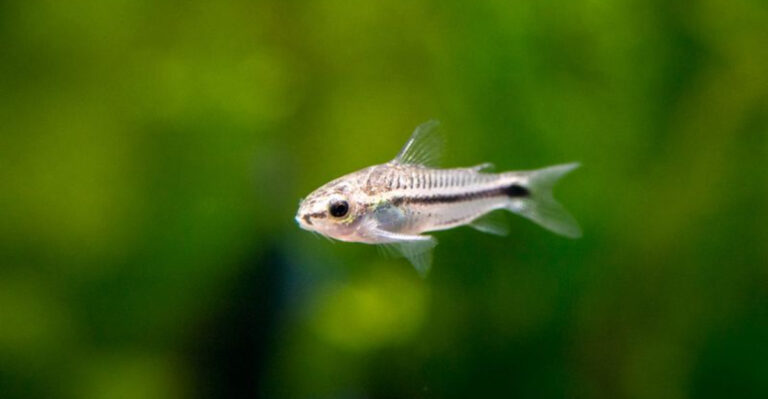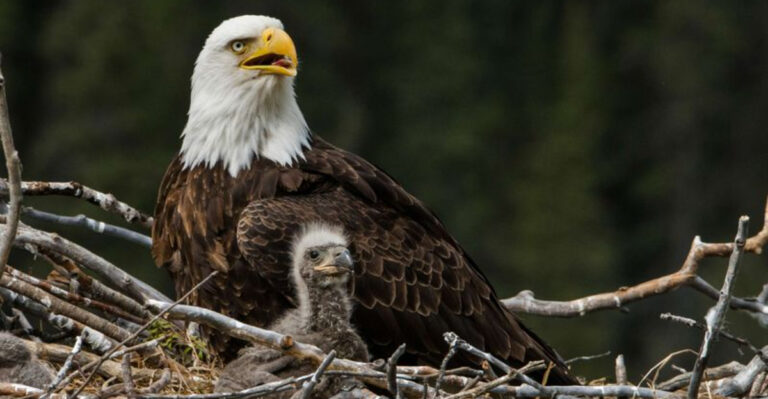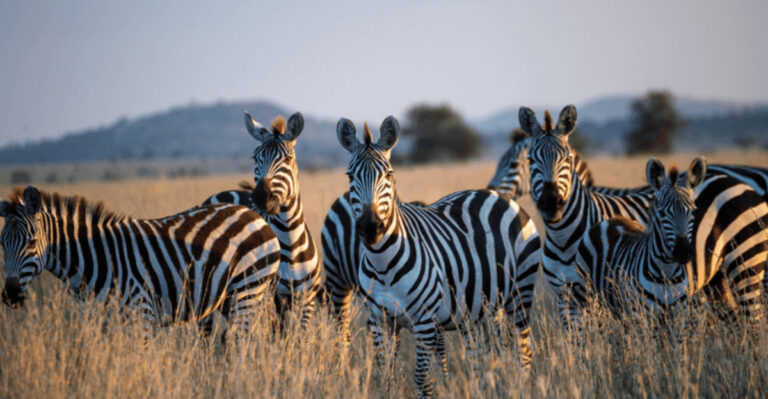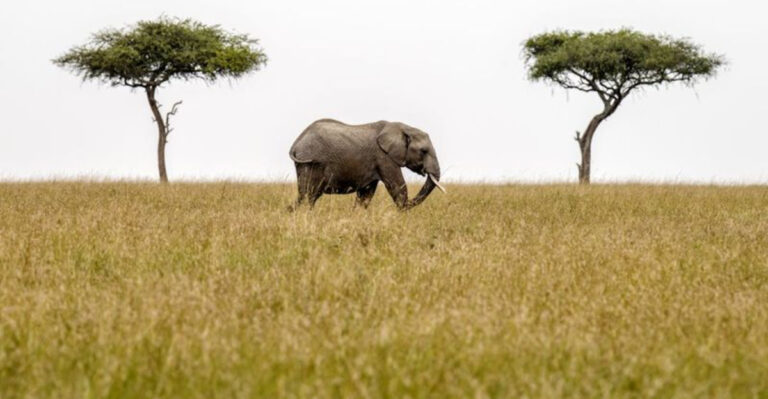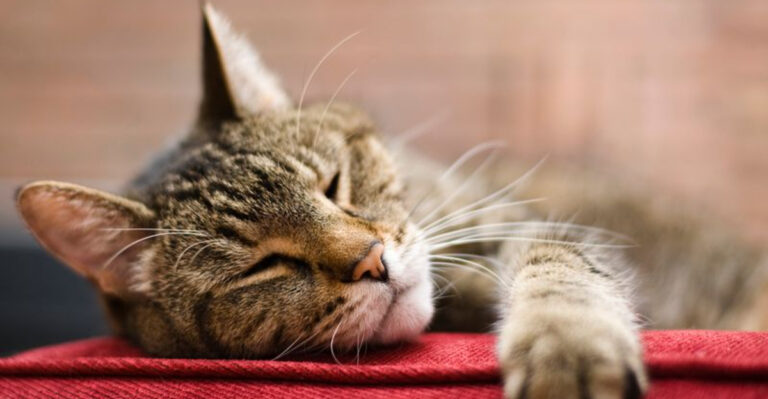14 Key Things You Should Know About Caring For A Senior Horse
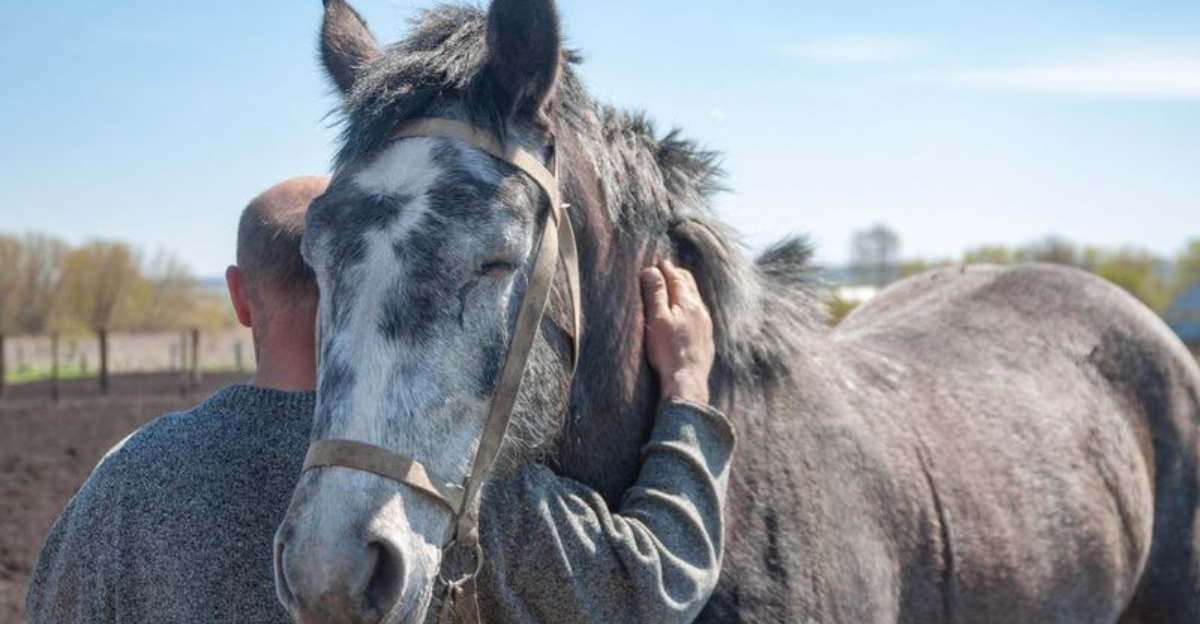
Horses, like humans, face unique challenges as they enter their golden years. A senior horse, typically aged 15 and older, requires special attention to ensure they remain healthy and comfortable.
Taking care of an aging equine companion involves adjusting various aspects of their care routine to accommodate changing needs. Understanding these adjustments can help you provide the best possible life for your faithful friend.
1. Regular Veterinary Checkups
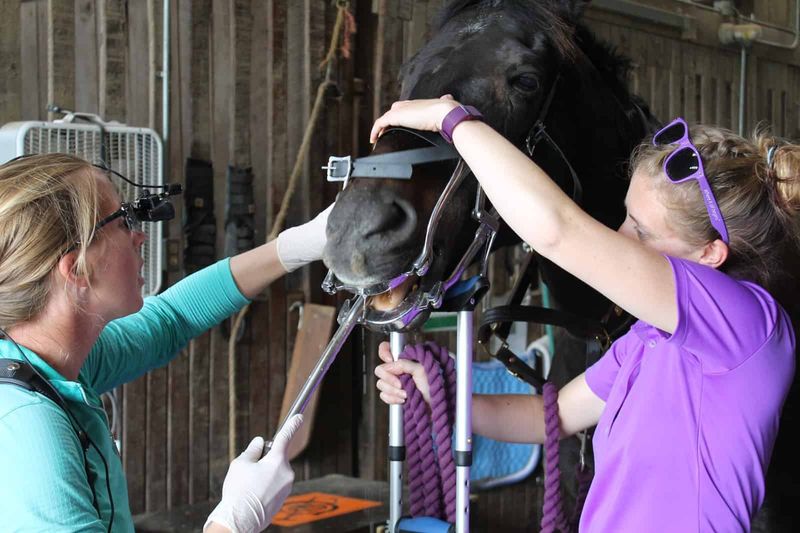
Aging horses need more frequent health monitoring than their younger counterparts. Schedule vet visits every six months rather than annually.
These checkups should include thorough dental examinations, blood work, and joint assessments to catch age-related issues early. Your vigilance can add quality years to your horse’s life.
2. Adjusting Their Diet
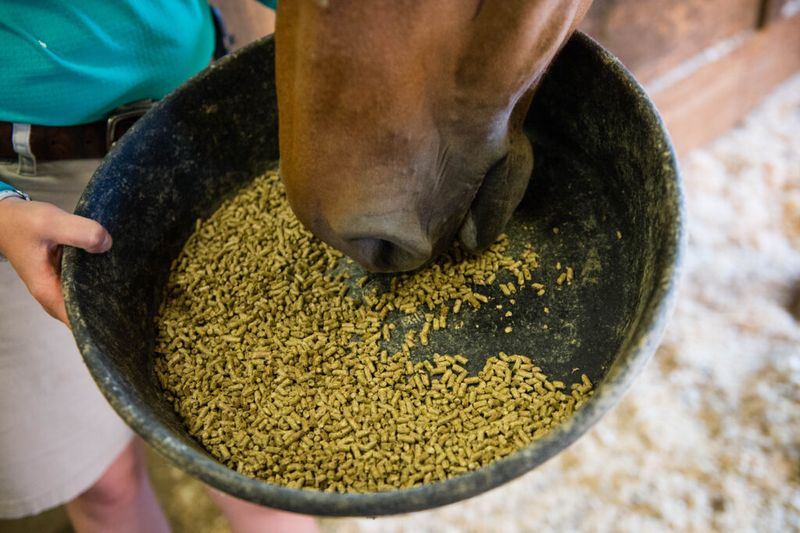
Senior horses often struggle with nutrient absorption and may have trouble maintaining weight. Their teeth wear down, making chewing hay challenging.
Switch to easily digestible feeds specifically formulated for older equines. Consider adding beet pulp, senior feed mixes, or soaked hay cubes to their diet regimen for better nutrition without taxing their digestive system.
3. Exercise Modifications
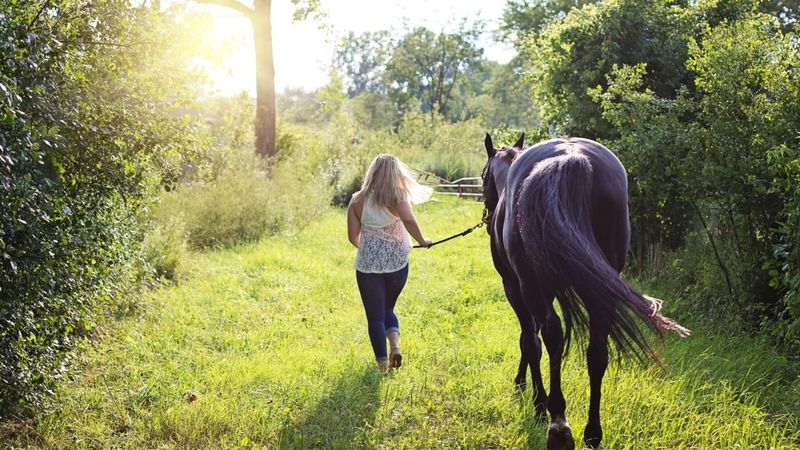
Gone are the days of intense training sessions, but movement remains crucial for aging horses. Short, gentle rides or hand-walking keeps joints lubricated and prevents stiffness.
Free turnout in safe paddocks allows natural movement at their own pace. Remember, consistency trumps intensity – daily light exercise preserves mobility better than occasional demanding workouts.
4. Joint Care And Mobility
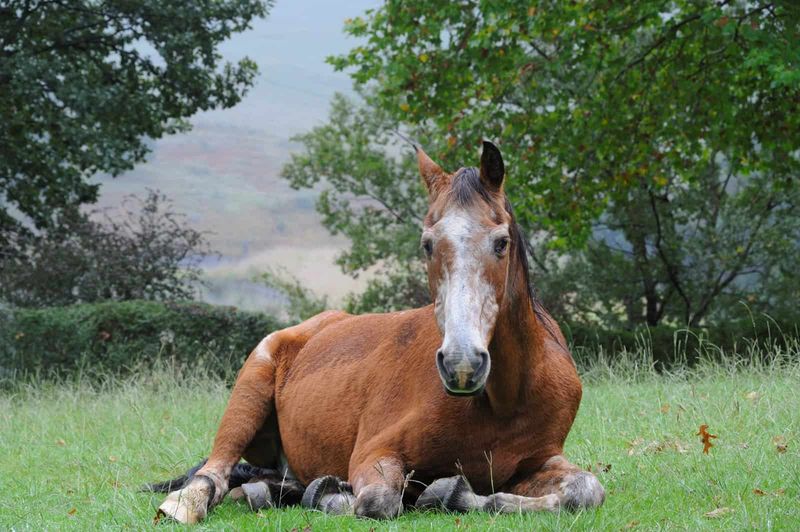
Arthritis commonly affects aging horses, making movement painful without proper management. Oral joint supplements containing glucosamine, chondroitin, and MSM can help maintain cartilage health.
Your veterinarian might recommend injectable joint therapies for more severe cases. Massage therapy and controlled exercise also keep aging joints functioning better, reducing stiffness after periods of rest.
5. Dental Health
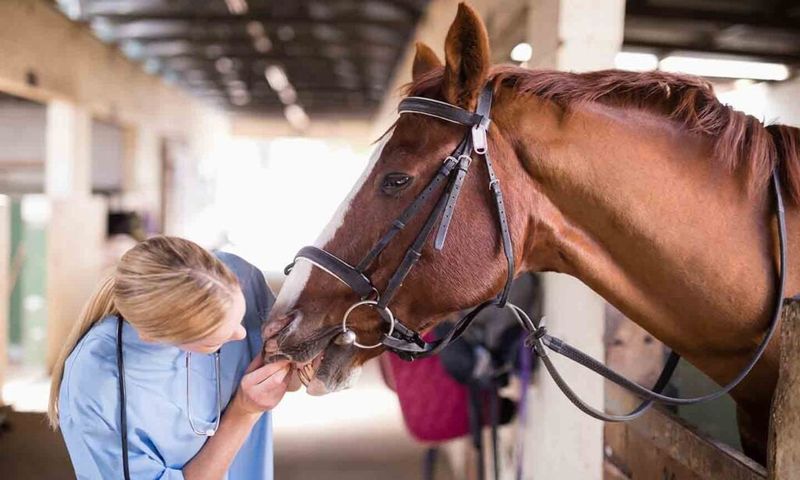
A senior horse’s teeth tell stories of decades grinding forage. Sharp points, wave mouths, and missing teeth commonly develop with age.
Schedule dental floats every six months instead of annually. Watch for quidding (dropping partially chewed food), weight loss, or bad breath – all signs of dental problems. Good tooth care directly impacts nutrition, comfort, and overall well-being.
6. Grooming Needs
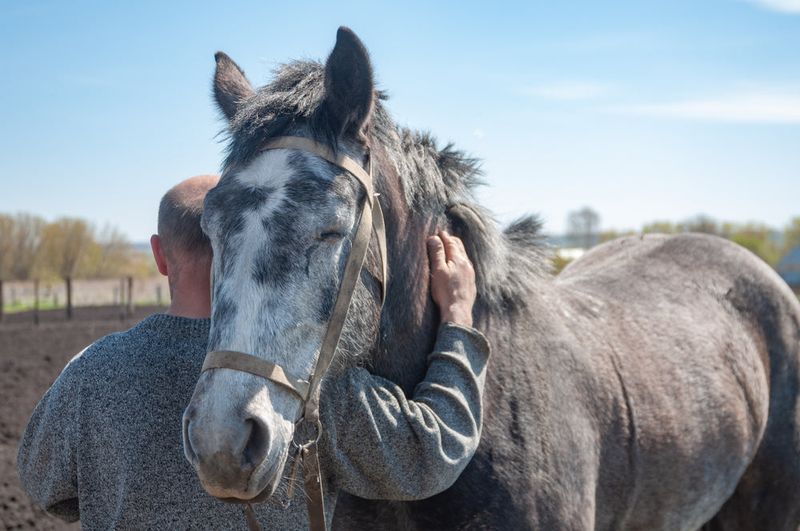
Older horses develop more sensitive skin and may grow thicker, sometimes patchy coats. Daily grooming becomes more than aesthetic – it’s health monitoring.
Use soft brushes and gentle touch. Check for lumps, sores, or sensitive areas while grooming. Pay special attention to bony prominences where sores develop easily, particularly if your horse lies down less frequently.
7. Comfortable Living Space
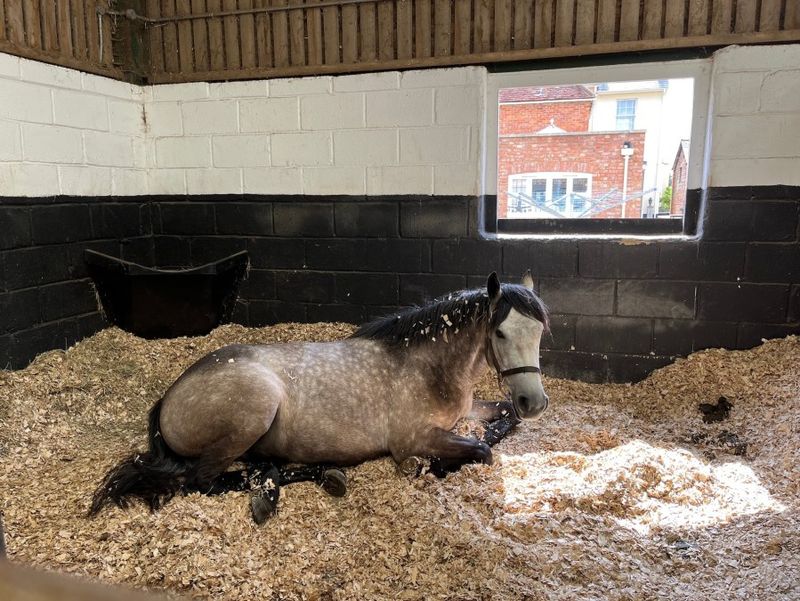
Hard surfaces become enemies to arthritic joints and tired old bones. Extra bedding in stalls provides cushioning for stiff legs and encourages restful lying down.
Consider rubber mats beneath bedding for additional shock absorption. Ensure stalls have good drainage and remain clean and dry to prevent skin issues. Low water buckets and feed bins reduce neck strain.
8. Monitor Their Weight
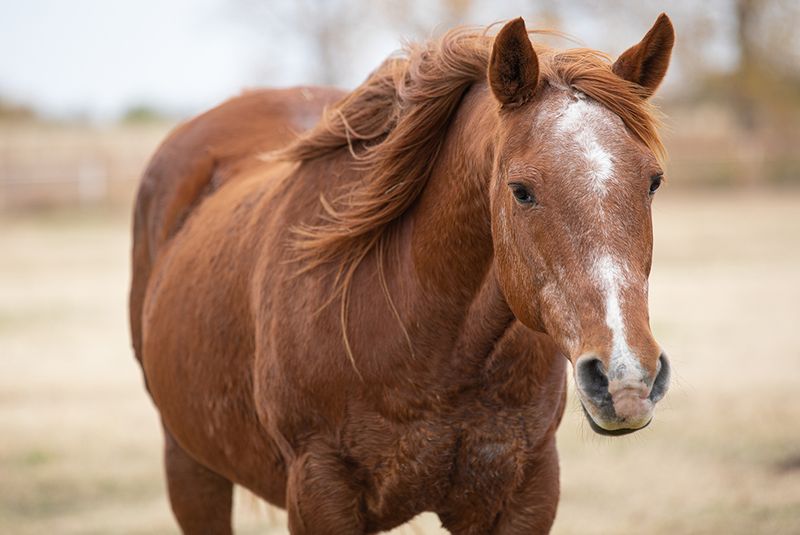
Weight fluctuations signal health changes in senior horses. Too thin suggests dental problems or disease; too heavy stresses aging joints.
Use weight tapes monthly and keep a log to track subtle changes. Feel ribs and hip bones regularly – they should be detectable but not prominent. Adjust feed accordingly, as metabolism changes with advancing age.
9. Proper Hoof Care
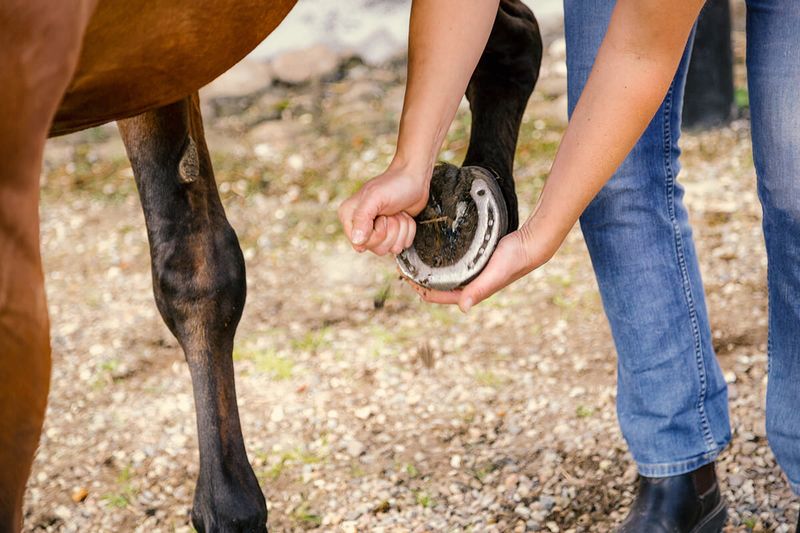
Age brings circulation changes that affect hoof growth and quality. Seniors often develop thinner soles and walls, making them vulnerable to bruising and abscess formation.
Schedule farrier visits every 6-8 weeks, even for retired horses. Consider specialized shoes or pads for cushioning if needed. Regular trimming prevents leverage that strains arthritic joints and aging tendons.
10. Mental Stimulation
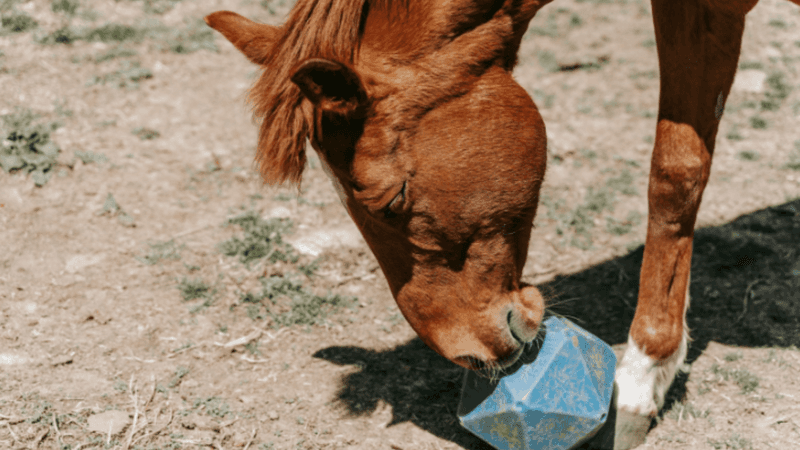
Old age shouldn’t mean boredom for horses with decades of experiences. Mental engagement prevents depression and cognitive decline in senior equines.
Vary turnout companions occasionally. Introduce simple puzzles like treat balls or new scents in their environment. Even retired horses benefit from learning easy tricks or targets – mental exercise keeps their minds sharp while respecting physical limitations.
11. Keeping Them Warm
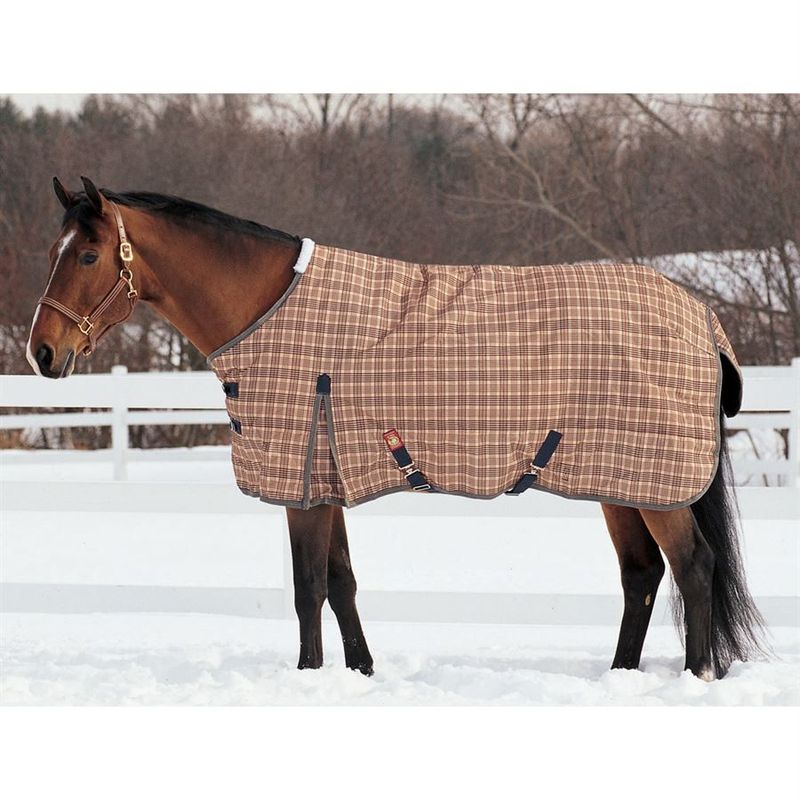
Senior horses struggle more with temperature regulation, especially in cold weather. Their thinner bodies have less insulation, and arthritis worsens in the cold.
Provide appropriate blankets when temperatures drop. Windbreaks and shelter access become essential. Watch closely during weather changes – seniors adapt more slowly than younger horses and may need additional protection.
12. Hydration And Salt Intake
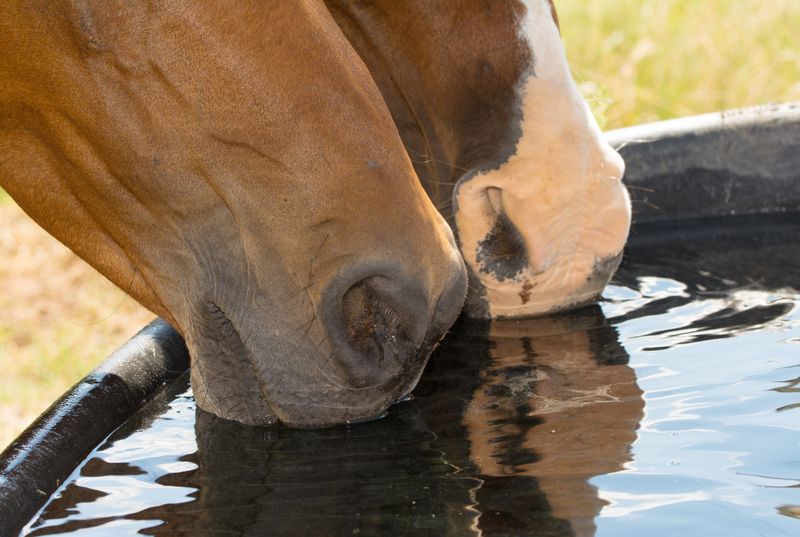
Dehydration poses serious risks for older horses, who sometimes drink less due to reduced thirst sensation. Check water consumption daily – a 1,000-pound horse needs 5-10 gallons minimum.
Consider adding electrolytes during hot weather or illness. Warm water in winter encourages drinking. Multiple water sources and salt blocks help maintain proper hydration and electrolyte balance year-round.
13. Preventing Colic
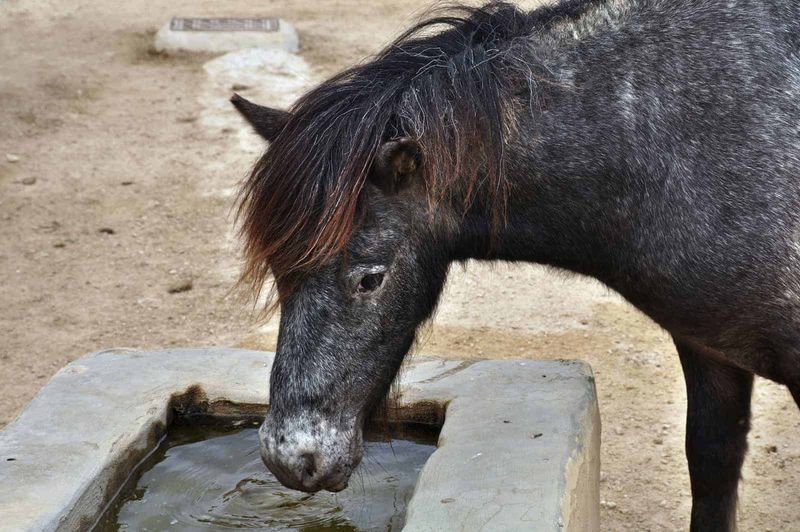
Aging digestive systems become more vulnerable to disruptions. Senior horses face higher colic risks due to decreased gut motility, dental issues, and changing metabolisms.
Feed smaller meals more frequently throughout the day. Ensure consistent access to clean water. Maintain regular exercise and turnout schedules – sudden changes often trigger digestive upsets in sensitive senior systems.
14. End-Of-Life Care
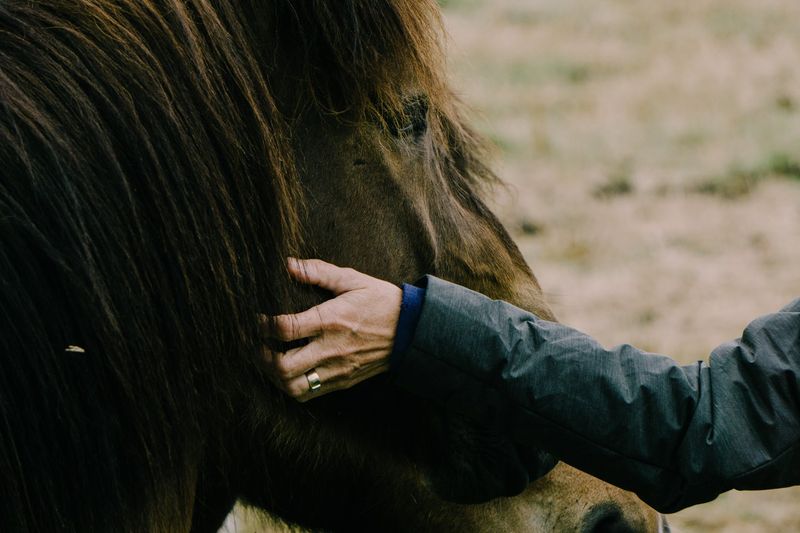
Perhaps the hardest but most important responsibility is recognizing when your horse’s quality of life diminishes. Create a checklist of good days versus bad days, tracking appetite, mobility, and comfort.
Discuss palliative care options with your veterinarian before crisis strikes. Having a compassionate plan honors your horse’s dignity and your bond. Remember, timing this decision with love means preventing suffering.

